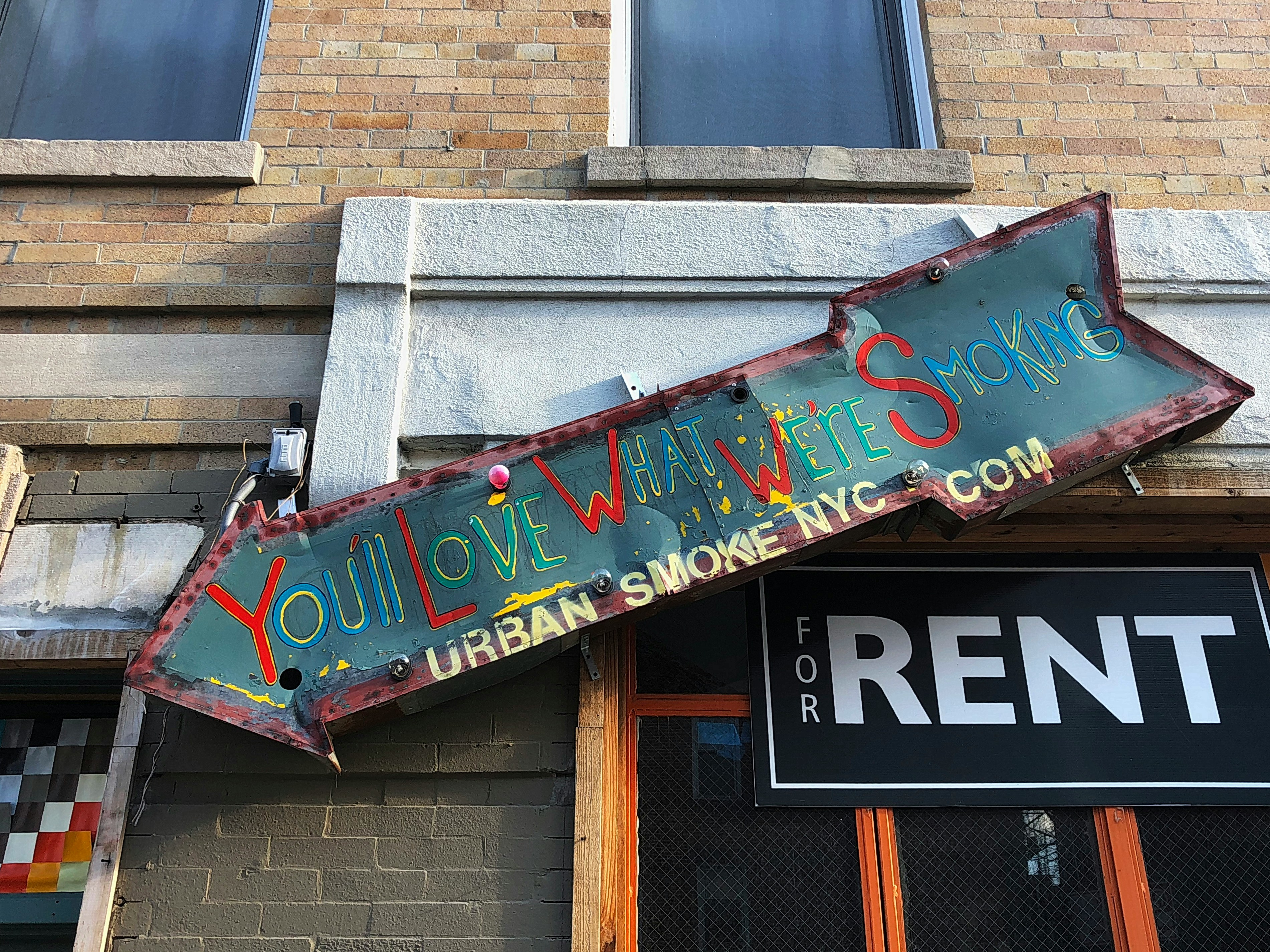The age-old question of renting versus owning your home has raged on for as long as people have been building and maintaining houses. The question persists because both options offer unique advantages. Homeowners are able to leverage the value of their most expensive possession in a number of unique and powerful ways, while renters are able to eschew responsibility for nearly all faults that occur within the home, passing the responsibility on to the owner of the property to handle.
The renting superpower: passing on the costs to your landlord.

Renters own a valuable commodity when it comes to upgrades and repairs. Tenants are not responsible for breakages in appliances, window replacements, or costly roofing repairs. They are able to avoid many air conditioning problems that owners must handle as a result as well. The rental market can be a great help to tenants for this reason, and homeownership can get expensive in a hurry, especially in older structures. Whether you’re in the San Francisco Bay Area, Los Angeles, or another city in the U.S., you can be sure that your air conditioner and furnace need yearly maintenance to make sure you’re avoiding common problems with air filters, coils, and refrigerant.
Roofs must be replaced every 20 years or so (on average) and air conditioner replacements can run in the thousands of dollars if your unit and ductwork are decaying. Tenants can simply report a problem to their landlord and wait for the repair work to be scheduled with a technician. As a renter, not only are you not responsible for the costs, you are legally entitled to speedy repairs on the facilities. If the air conditioning unit has broken, your landlord must call a technician to repair or replace the air conditioner with great haste, whether they like it or not. This protection is powerful and expansive, but it’s essentially the only power granted to tenants.
Homeownership equals long term strength.

Owning your own home will come along with these additional bills that those who rent can forego. However, the first thing to know about being a homeowner is that security baked into a home purchase may outweigh the repair costs that a home requires in the long run. These fixes and tech jobs often add to your home’s value as well. Therefore, money pumped into the property isn’t always a sunk cost, whether you’re buying a house in San Francisco or New York City.
That being said, you need to know about the region you’re buying in. The real estate markets in Palo Alto and Berkeley differ greatly from the ones in New York City or anywhere else in the United States. Understanding the building trends and renovation style choices within any local real estate market should be top of the list of things to know before moving to San Francisco, or any other city for that matter. Making strategic upgrades to your home is a great way to help you extract additional capital back out of it when the time comes to move to a new location. Do your due diligence before deciding the time has come to become a San Franciscan, even if you do love the Golden Gate Park.
Similarly, homeowners are able to leverage the collateral value of their home when applying for loans to make renovations or buy an investment property in pursuit of additional investment gains. Owning a home pays incredible dividends over the long term, and property values across markets are on a near-constant rise.
Another aspect of homeownership that renters cannot share in is the security of longevity. For families with children, the ability to put your roots in a home means that your kids can grow and thrive in their schools, sports teams, and religious groups. Tenants often are able to secure long-term or automatically renewing leases, but to combat inflation and other rising costs of life landlords typically raise rent prices with each new signing. This means that tenants, however long term, are situated temporarily in their dwellings and may have to move to a new city against their wishes. The precariousness of this situation makes building friendships and joining clubs quite a bit trickier.
While homeownership provides stability and economic bargaining power, the ability to shrug off major renovation and repair work is a massive win for renters. Knowing where you are in life’s journey can help you plan for that transition that many renters make to homeownership, or decide to remain in the tenancy game long term. There is no right choice, so weigh your options carefully.







